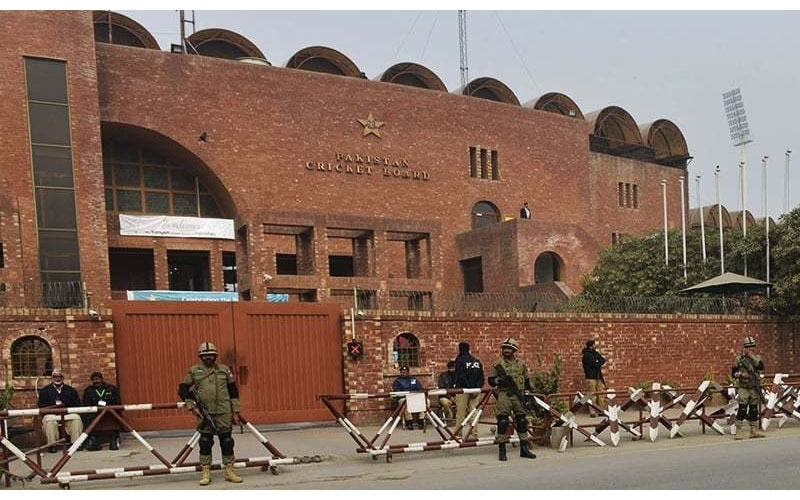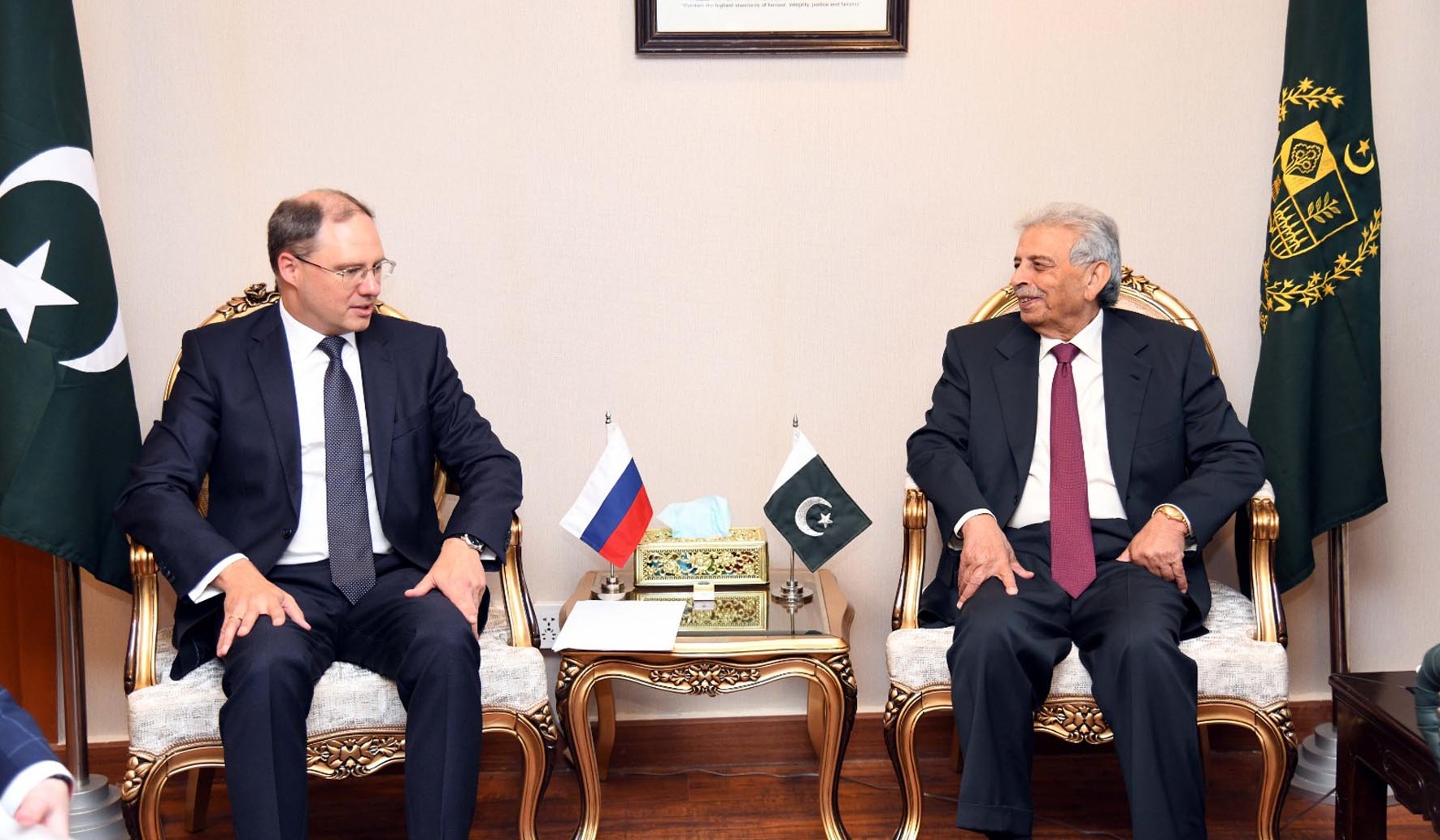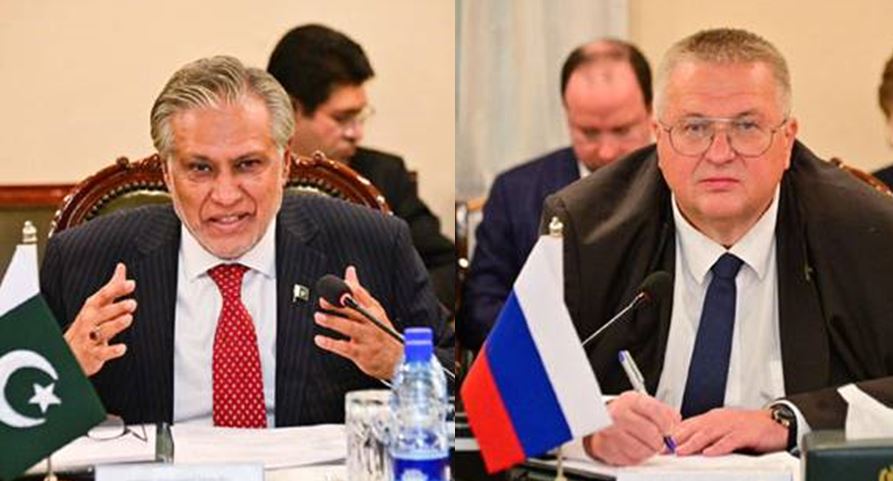KARACHI:
IT analysts and experts have said that strengthening the cybersecurity landscape may help boost IT businesses and exports, while also deploying a host of tools and technologies in lawful interception.
The government can leverage smart city concepts and employ AI-powered surveillance systems which accurately identify individuals of interest, track suspects, and classify suspicious activities in crowded environments, they said.
While speaking to The Express Tribune, experts presented practical solutions and useful proposals to the government to avert internet shutdowns, keep growing IT businesses intact in the future.
They stressed that the government should invest in public education and awareness campaigns to promote responsible use of communication technologies during sensitive periods. Citizens should be encouraged to report suspicious activities, verify information before sharing. The government should enforce existing laws and regulations against offenders to maintain law and order without the need for mass communication shutdowns.
Government agencies, law enforcement organisations, and telecommunications providers can tap modern tools in lawful interception and operate them in accordance with relevant laws and regulations governing lawful interception activities. A number of tools and technologies used in lawful interception consist of packet sniffers, telecommunications monitoring systems, data retention systems, deep packet inspection (DPI) tools, and communication service provider (CSP) interfaces.
Read IT minister unveils cybersecurity measures
They suggested to the government that instead of blanket shutdowns of internet services, selective blocking or filtering techniques can be used to target specific regions or sources while minimising disruption to legitimate communication services.
The experts said implementing well-established emergency response protocols might be ample to address security threats promptly and effectively. This includes coordinated efforts between law enforcement agencies, emergency services, and telecommunications providers to manage crises while minimising disruption to essential communication services rather than imposing a blanket shutdown.
The complete suspension of mobile phone broadband services and mobile phone data causes both major financial losses to IT businesses and exquisite agonies to common people for want of services-cum-communications, tarnishes a good image of local IT companies and freelancers due to an inordinate procrastination in works of foreign clients.
The country registered monthly IT exports of $257 million, up 32% in February 2024 compared to the same month last year. Moreover, in a conversation with a private TV Channel, Finance Minister Muhammad Aurangzeb is optimistic that IT exports could touch $3.5 billion this year.
“Absolutely, enhancing cybersecurity not only fortifies IT infrastructure against threats but also augments the potential for IT exports by ensuring safer digital environments. With Pakistan amidst an AI revolution, achieving an ambitious $10 billion annual export target is plausible. Success hinges on establishing research-centric universities, training skilled personnel, ensuring consistent tech policies, and revising tech syllabuses across all educational levels. To augment IT exports and maintain internet continuity, the government should invest in robust cybersecurity measures, incentivise IT innovation, and ensure stable internet infrastructure,” said Eminent IT analyst and SI Global Solutions CEO Noman Said.
He said indeed, internet disruptions significantly impact the IT sector, causing substantial financial losses and severely disrupting the daily lives of the populace. He said estimations of losses vary widely, however, it’s generally accepted that internet shutdowns can cost economies millions to billions of dollars per day globally. Millions globally are involved in the IT industry, spanning across IT corporations, companies, freelancers, web developers, fintech, e-commerce platforms, startups, e-stores, various apps, digital marketing, SEO skills, AI development, and IT education sectors.
Quaid-e-Azam University of Engineering, Science, and Technology Nawabshah, Department of Cyber Security Chairman Dr Adnan Ahmed Arain said after integrating advanced surveillance technologies and targeted interventions, authorities can ensure public safety and effectively manage security challenges without resorting to extreme measures.
“To strengthen our cybersecurity landscape, several key measures must be taken. First, a comprehensive national cybersecurity strategy should be developed, setting clear objectives and action plans. Second, existing laws and regulations must be reinforced, ensuring compliance with cybersecurity standards and facilitating international cooperation on cybercrime. Third, public awareness campaigns should be launched to promote cybersecurity best practices among citizens and organisations. Fourth, investments in cybersecurity workforce development are essential to build a skilled talent pool. Fifth, critical infrastructure sectors must be prioritised for cybersecurity protection. Finally, nurturing international cooperation and partnerships strengthens our collective defence against cross-border cyber threats,” he said.
Published in The Express Tribune, March 24th, 2024.
Like Business on Facebook, follow @TribuneBiz on Twitter to stay informed and join in the conversation.


 Technology6 مہینے ago
Technology6 مہینے ago
 Pakistan7 مہینے ago
Pakistan7 مہینے ago
 Sports6 مہینے ago
Sports6 مہینے ago
 Pakistan6 مہینے ago
Pakistan6 مہینے ago
 Entertainment6 مہینے ago
Entertainment6 مہینے ago
 Pakistan6 مہینے ago
Pakistan6 مہینے ago
 Sports5 مہینے ago
Sports5 مہینے ago
 Pakistan6 مہینے ago
Pakistan6 مہینے ago











